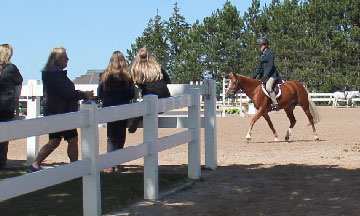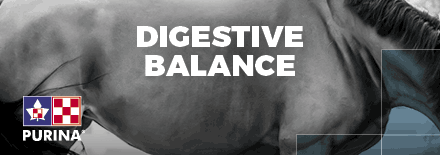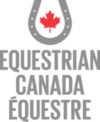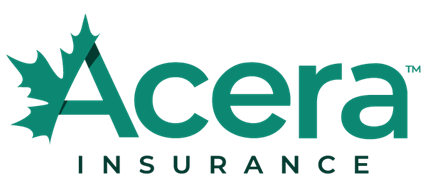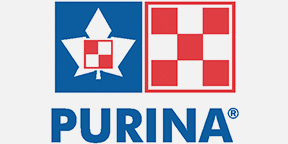By: Kalina Rutledge, BBRM Equine, Marc-Andre Blouin, B.Sc.
Believe it or not, spring is going to be here before we know it. For horse people, spring means foaling season and therefore your last chance to make sure your broodmares are receiving proper nutrition. Your broodmare is likely now in late gestation and you want to ensure that you are doing the best thing for mare and foal in order to keep them both healthy.
At this point in gestation, the fetus is growing rapidly, especially its skeleton. This means that the mare’s nutritional requirements are increasing for calcium, phosphorus and copper as well as for protein, all in the proper proportions. The mare’s energy needs are increasing as well but to a lesser extent. For this reason, you need to strike a balance between adding a few more calories and a significant amount of minerals. This is a balance that many people have trouble achieving.
First consider body condition. In the horse industry we use the Henneke Body Condition scoring chart which is a scale of 1-9, with 1 being emaciated and 9 being obese. The ideal body condition score for your typical broodmare is 5 to 7, closer to 6-7 in the last months of gestation. To put this into perspective, a body condition score of 5 means you are able to feel the ribs but not see them. It is especially important that a broodmare does not have a score lower than this. Once a broodmare has a score of less than 5 there is a possibility that she will become less fertile and have trouble conceiving. Many people prefer to see their mare on the heavier side and a body score of up to 7, especially in late gestation, is fine. However, new studies are showing that there are also issues with a broodmare having too high of a body score.
Once a horse reaches a body score of 7 or more, the fat stored in their body begins producing numerous hormones. One of these hormones is cortisol, also known as the stress hormone. In basic terms, this increased amount of hormones essentially affects insulin uptake making the horse insulin resistant. This results in a constantly high blood insulin level which in the case of a pregnant mare will directly affect the fetus through the placenta. This increased level of blood insulin is suggested to be a contributor to the onset of certain Developmental Orthopedic Diseases (DOD) in foals, especially osteochondritis dissecans (OCD). Pregnant mares, much like pregnant women with gestational diabetes, have an intrinsic tendency to be insulin resistant during late gestation even at the perfect body condition. An increased body condition score can exacerbate this situation and have negative effects on the fetus. High glycemic feeds can also intensify this situation therefore when choosing a feed for your mare, select one with controlled starch levels. Evolution Maternity is a beet pulp based feed drawing the majority of its calories from fat and fibre rather than starch. This is an ideal feed to keep the mare in good body condition during gestation and lactation.
As with any horse, a broodmare should be fed calories according to body condition and then a ration balancer can be added to make up for any lacking vitamins and minerals. If your mare is an easy keeper, she may be fine with only a ration balancer until near the end of her gestation. Optimal is formulated with broodmare and foal requirements in mind, with added protein, calcium and phosphorus to ensure proper growth. For every kilogram under the recommended amount that you feed of Evolution Maternity, you need to add 275 grams of Optimal. In this way, you can ensure that your broodmare and her fetus have all the vitamins and minerals they need without overfeeding calories.
Once the mare is into lactation, the foal will no longer be affected by the mare’s insulin levels. This is the period when there will be the most draw of calories from the mare, increasing by approximately 45% from her needs during late gestation. Therefore, it is imperative that she is fed enough calories to be able to both produce milk and keep her own body condition stable. Maintaining an adequate body condition is especially critical if you are looking too breed the mare again. Research has shown fertility drops if mares are losing condition while being bred.
Feeding a broodmare is a constant balancing act. A mare’s needs for calories, vitamins and minerals are continually changing throughout the pregnancy. Be sure to keep a close and objective eye on the mare’s body condition score because that is what determines how much feed she needs. If necessary, complete the diet by using a ration balancer to ensure proper vitamin and mineral levels. As always, provide a good source of quality fibre and free access to clean water, and you will be giving mare and foal the best chance possible.
Have a question you need answered or a subject you’d like to see covered? Email Kalina Rutledge at Kalinar@agribrands.ca
